Each agent in VALORANT carries an assigned role, either as a duelist, initiator, controller, or sentinel. Yet the dynamic of the game at the highest level reveals even more hidden roles—perhaps none so coveted as the in-game leader.
In-game leaders (or IGLs) have a lot of responsibility on their shoulders. Their job is to formulate strategies and direct their teammates where to go, taking the lead at every point in the game. Raw aim and a high kill count aren’t always required from an IGL—as long as they lead their team to victory.
Learning to be an IGL is a process that involves understanding the ins and outs of every facet of VALORANT. We’ve outlined some tips for starting your journey as an IGL, and also consulted the expertise of one of the best in the game—DRX’s Kim “stax” Gu-taek.
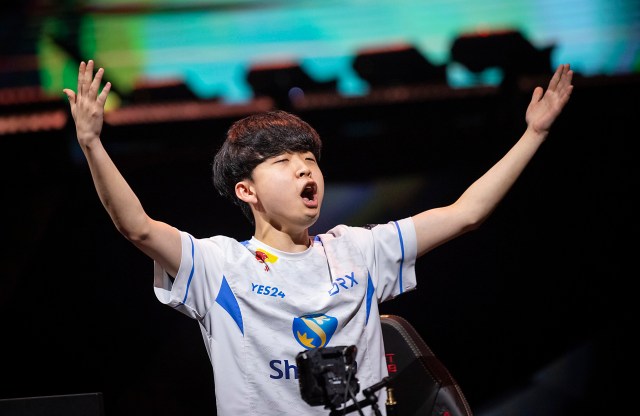
“The IGL’s role at DRX is to quickly analyze the opponents’ playstyle and give our team a chance to approach the game in an easier fashion,” stax told Dot Esports. “My role is to make sure the team is able to maximize our potential in game.”
In other words, the IGL puts all of the pieces of the puzzle together to give their team the best chance of winning. Being an IGL is far from easy, but there are a few things you can do to get started on the right track.
Tip one: Know the game
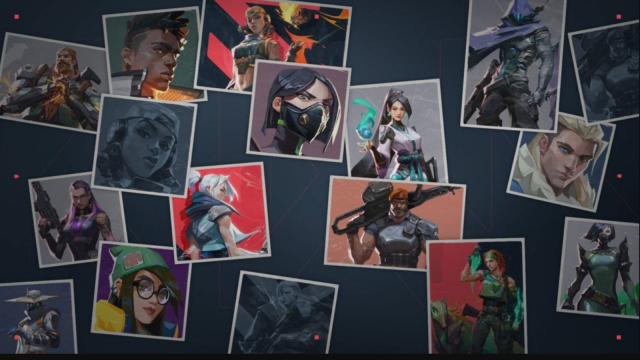
You need to have a decent fundamental understanding of VALORANT before you even attempt to guide your team in the right direction each round. This means you should be caught up on not only every agent’s abilities and every map’s design but also how different elements of the game work together to create an optimal strategy.
For example, you should know off the top of your head that Sova’s Hunter’s Fury ultimate is one of the best counters in the game to Killjoy’s Lockdown. So if you instruct your Killjoy player to place her Lockdown to enter into a site, but the other team has a Hunter’s Fury ready, you need to expect the ability to be countered immediately.
Remembering small things like this and having this intuitive game knowledge is what guides IGLs in the right direction for calls that are made in the middle of a match. Larger meta strategies and big-picture executions are a different story, but if you want to try out calling the shots in a ranked game, for example, understanding basic abilities and their interactions is a must.
So how can you begin racking up all of this extensive VALORANT knowledge? The answer, as simple as it sounds, is to just continue playing the game. The more hours you have, the more you’ll know. Yet, there are certainly more efficient ways of playing than others. Pay attention each round to your team member’s and opponent’s abilities, potential weapon loadout, and positional strategies. It doesn’t help you to learn the game if you’re insta-locking Reyna and going off by yourself every round.
You can also do some reading outside of the game to familiarize yourself with common strategies, especially those mainly utilized by agents you don’t play yourself.
Tip two: Be confident
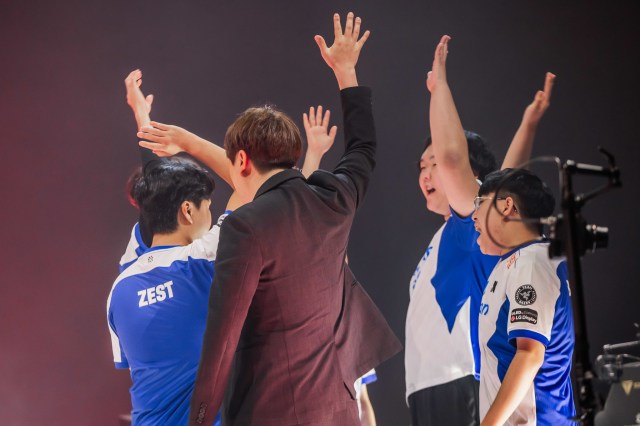
Confidence is a key trait for strong in-game leaders. If you doubt yourself and your decision-making, how will you convince your team to follow your calls? Though this looks different in a casual ranked game, in a designated team setting confidence is a must. You are setting an example of leadership for your teammates.
“I think IGLs must have a confident mind,” stax said. “If you make a call, stick to it even if it fails. Don’t blame yourself if it goes wrong, but rather learn from it and play even more confidently immediately after.”
Having confidence doesn’t mean you always think your calls are the be-all-end-all, or that you blame your teammates when a strategy doesn’t work out.
A key element of confidence stax outlines is persistence. Even if your strategy doesn’t work out one time, you need to keep thinking and innovating through lost rounds. When you’re the leader, you simply can’t give up.
In addition, stax emphasized that the mentality of an IGL is strikingly important in more than just one way. In addition to being confident in the decisions that you make, you also need to know that you are the right person for the job.
“It matters how you approach it,” stax said. “If you think that IGLing is easy, you could find it fluid. But if you tell yourself that it is a hard role, then you may hinder yourself in this spot.”
Doubting yourself in a leadership role is a fast track to undermining your own success. At its core, the role of IGL is not easy. But if you think that it is, it might help decisions come more naturally to you.
Tip three: Communication is key
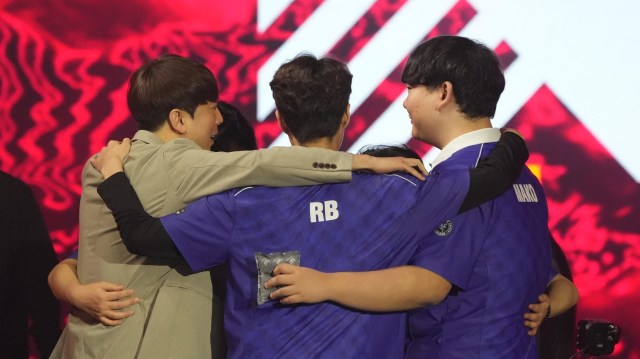
The pinnacle of leadership in a tactical game like VALORANT is communication. Your calls need to be clear and concise. There should be no doubts left in the mind of your teammates as to what their role is in both the larger scheme of the team but also in each moment of every round.
“IGLs have to have excellent communication skills,” stax said. “Not only do you have to talk a lot, but you also have to make sure what you say goes through to your team.”
You need to call abilities and positions with speed and accuracy, while also making sure that your teammates really hear what you’re saying. And no, we don’t mean “Please make sure your microphone is connected to Discord,” we mean that it matters how you say things just as much as what you say.
In addition, stax also mentioned that in-game leaders need to talk a lot. If you’re on the shy side, this role might be more difficult for you. Not impossible, but you’ll have to get used to hearing the sound of your own voice a lot. While every team atmosphere is different, the IGL should be talking the most.
Stax also emphasized one more important aspect of communicating when you’re in the leadership seat—even if you don’t know what to do, don’t stop. “Even when you are stuck, you can’t falter, and more or less endure both ups and downs throughout the matches,” he said.
No match is going to be perfect. You will make mistakes, you will make bad calls, and you might even send your teammates straight to their deaths. Yet these ups and downs are just a part of playing VALORANT, a game where the outcome is so heavily dictated by momentum.
Being an in-game leader is a job that takes lots of time and practice to do well. The most important tip we can give you is to not give up.


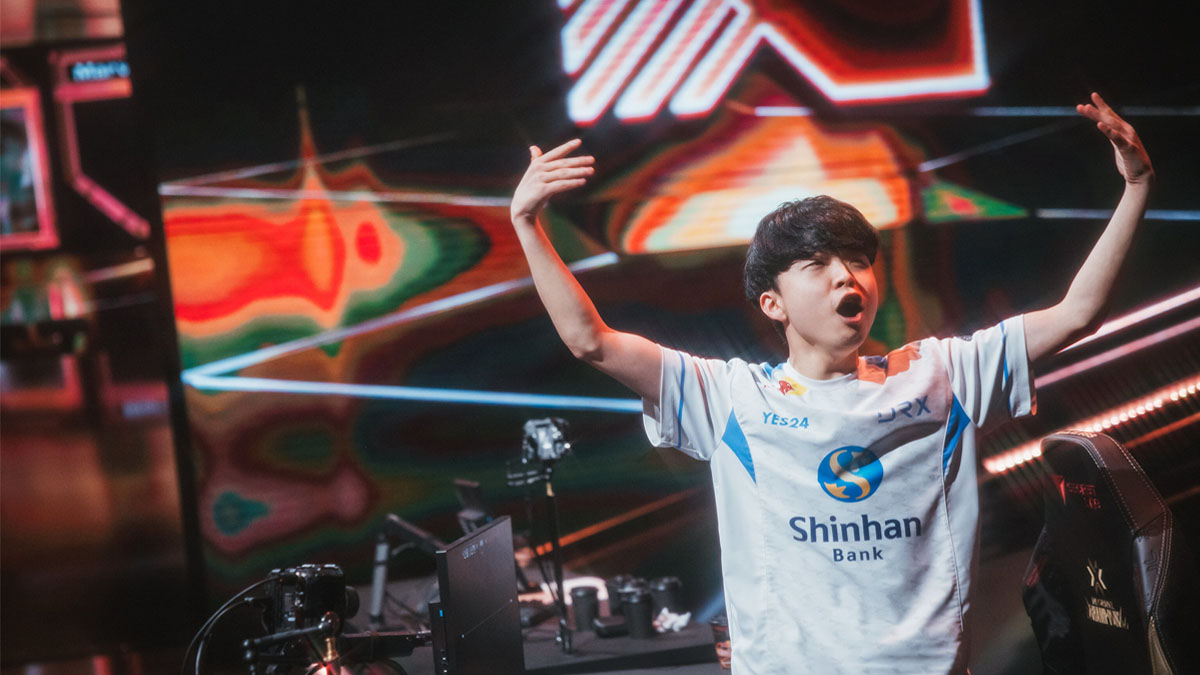
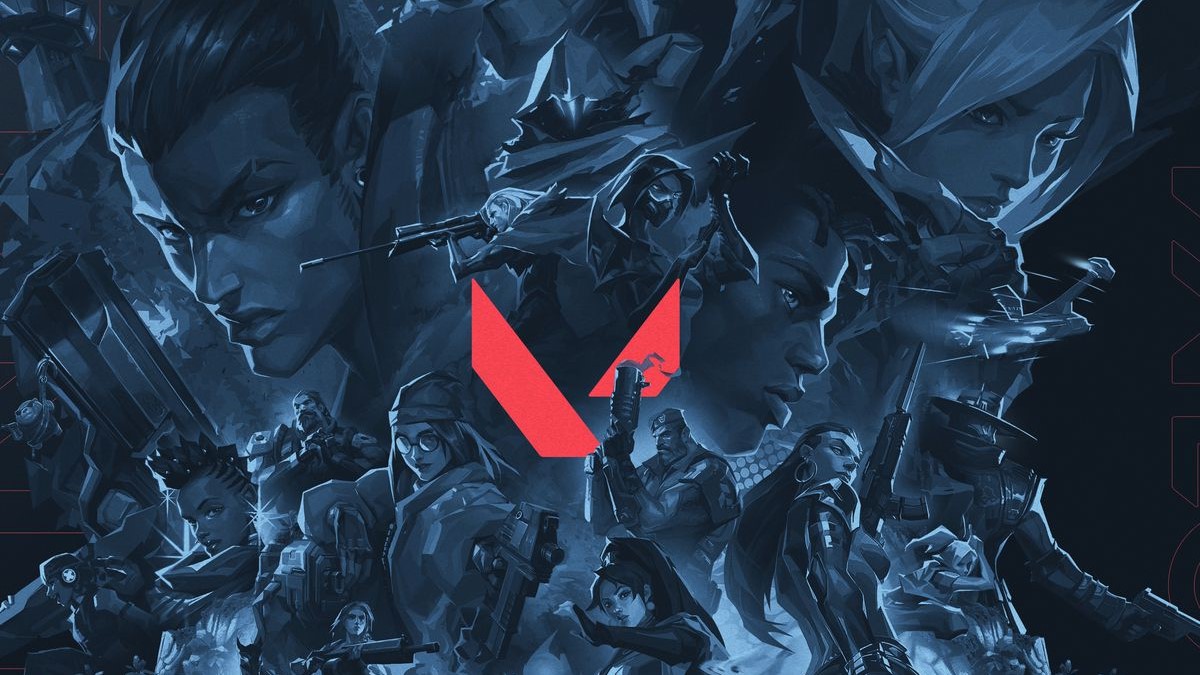
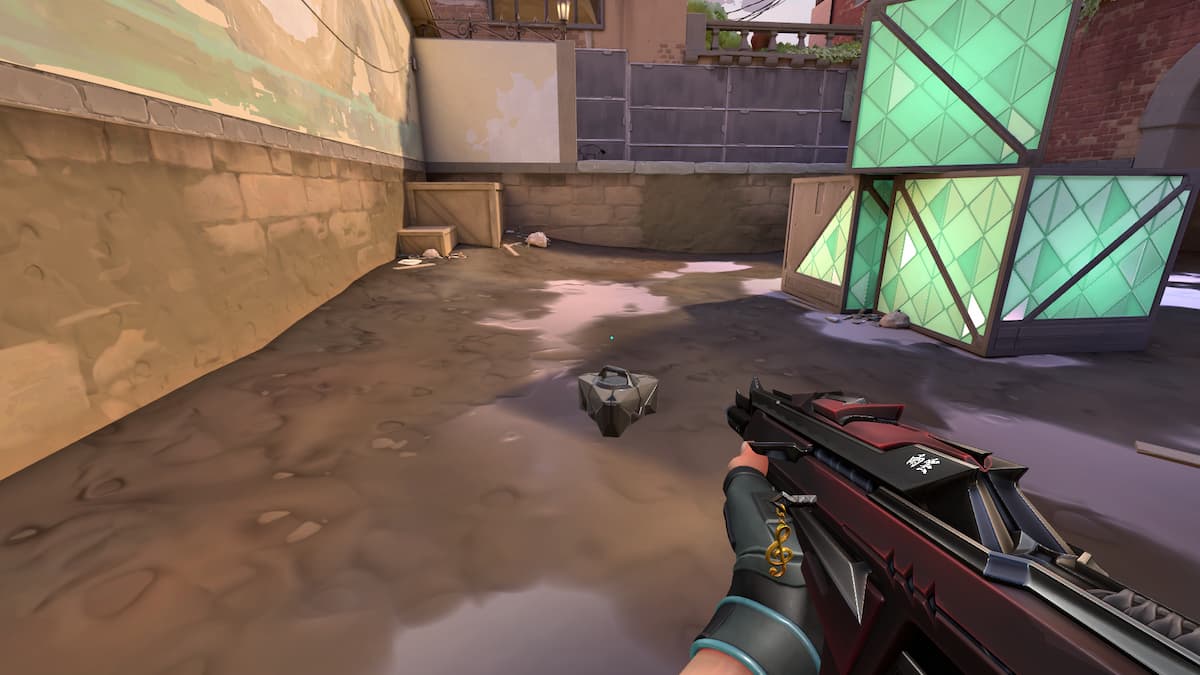

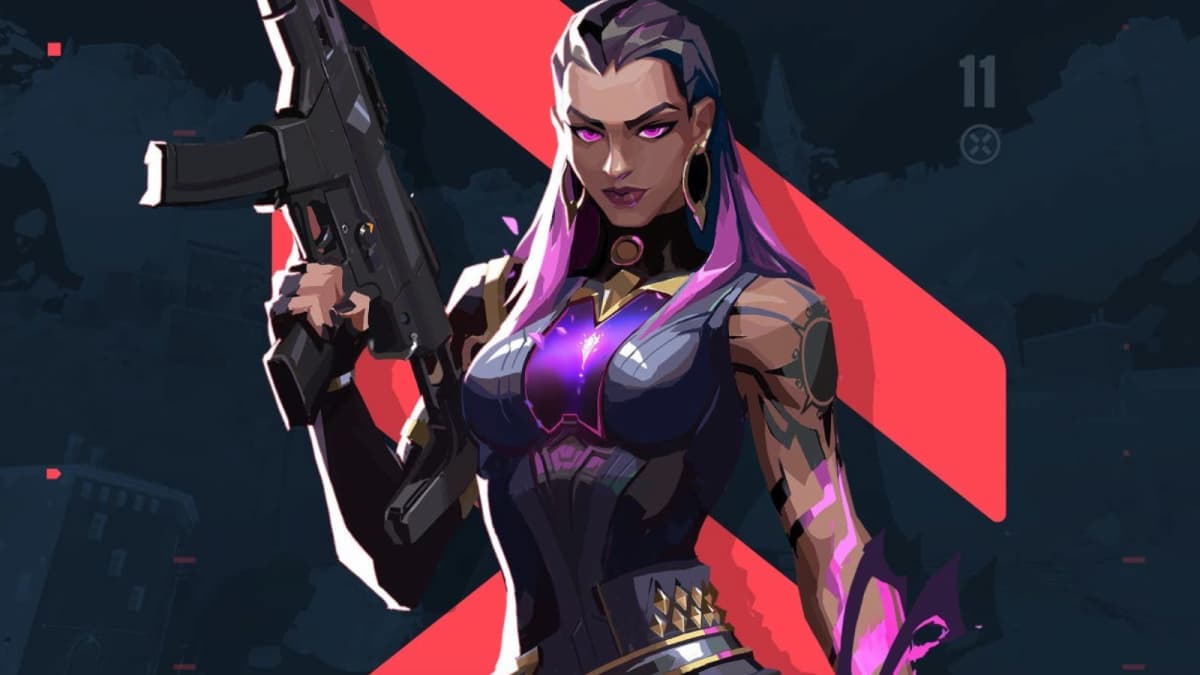
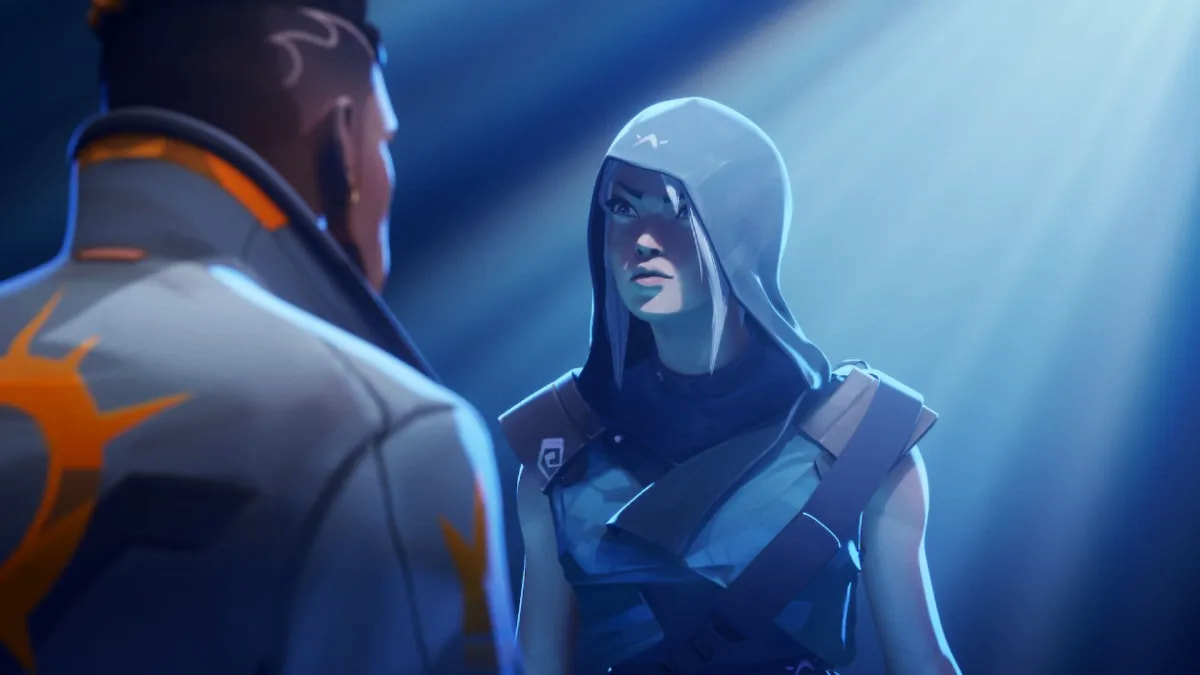

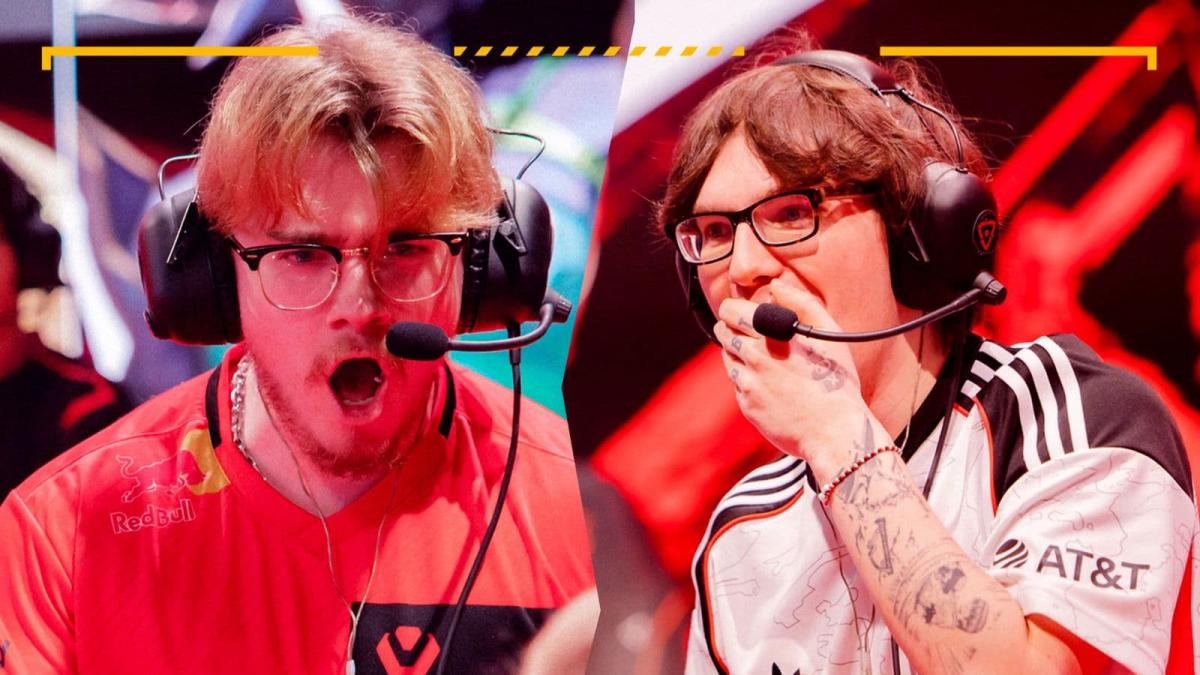

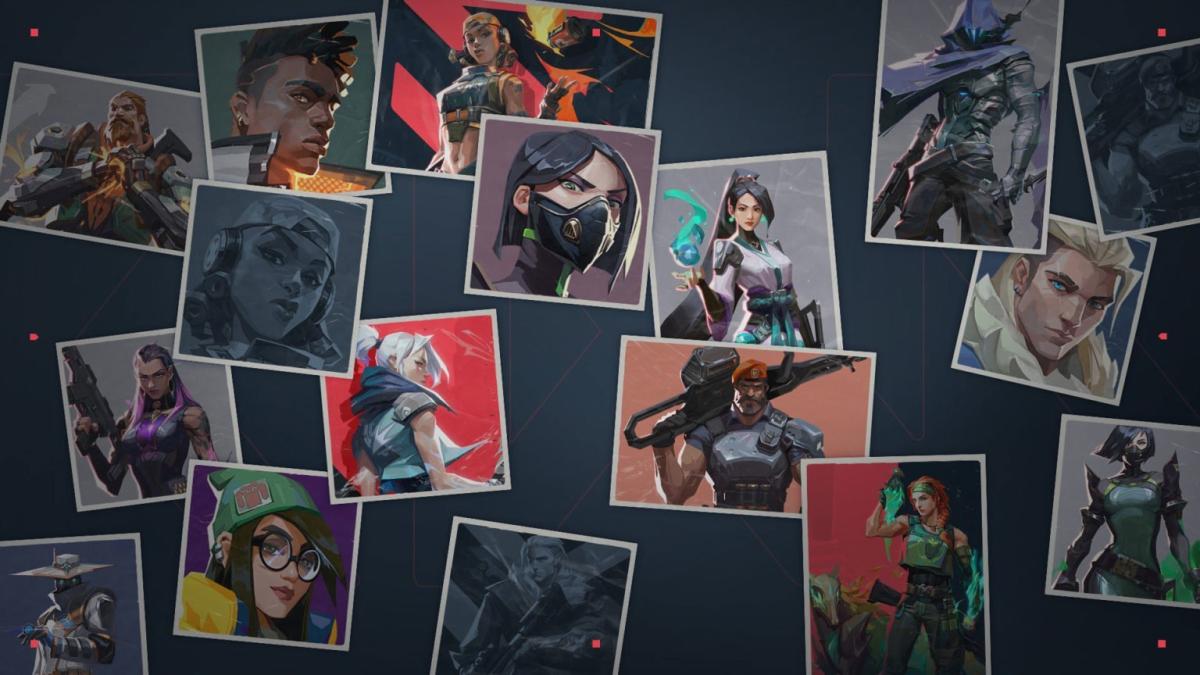
Published: Oct 14, 2023 01:52 am